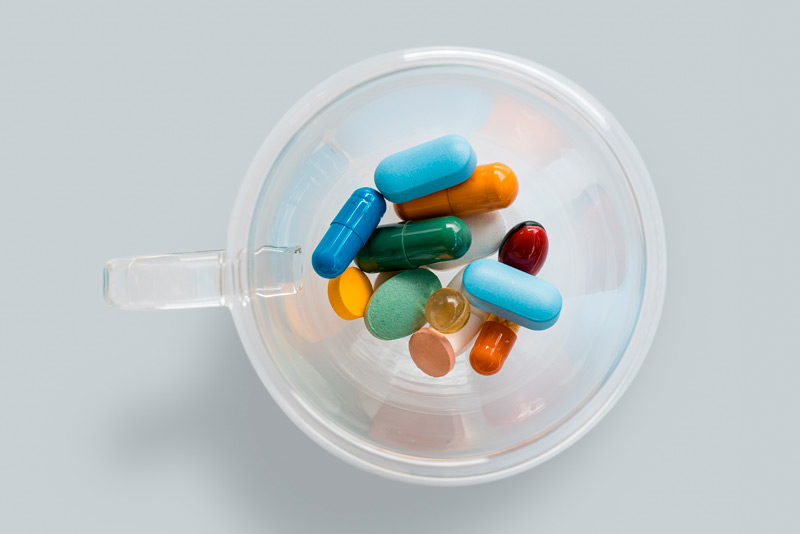The Dangers of Antibiotic Overuse: What you should know

The majority of us have taken antibiotics at some point in our lives whether it was for an Urinary Tract Infection (UTI), a cold, or as preventative measures following surgery. While antibiotics prove to be very useful when used correctly, they have become a weighing problem in healthcare because of overuse and misuse.
Antibiotic resistance occurs when bacteria change in ways that allows them to evade the drugs that once easily killed them, making them resistant. It has become an urgent public health matter since it can become very difficult to find or come up with drugs that can kill bacteria that were once eliminated with ease.
The Center for Disease Control and Prevention (CDC) estimates that around 30% of antibiotics prescribed in outpatient settings are unnecessary. These estimates are focused on healthcare providers; if we add in patients with leftover antibiotics and antibiotics purchased over-the-counter in other countries and brought here, that significantly increases the amount of cases of antibiotics misuse.
It is important to note that:
- Many antibiotics tend to kill bacteria nonspecifically. This means they don’t differentiate between one bacteria or another, they simply kill what they can. These are called broad-spectrum antibiotics.
- This is why doctors use lab reports before prescribing antibiotics which allows them to make sure the bacteria they are treating are sensitive to the drug they are prescribing. Some antibiotics targets are simply more susceptible, or sensitive, to certain antibiotics.
- Since antibiotics don’t attack bacteria specifically, this means your normal, healthy bacteria, which is collectively called your microbiome or flora, will also be under attack. This can cause other problems like stomach aches or yeast infections.
- Infections can also be caused by non-bacterial agents, for example, parasites, viruses or fungi. Antibiotics have no effect on these types of infections.
This means:
- If your doctor tells you that you don’t require antibiotics, it is based on a therapeutic reason, their scientific knowledge, and your specific case. Please listen to their judgment.
- Don’t use leftover medications from previous infections. Most likely you will not solve your problem and can cause harm to the healthy bacteria and defense system in your body.
- Don’t share your antibiotics with your friends and/or family. You do not know what exact type of bacteria they have affecting them nor the interactions of medications.
- Regularly wash hands to prevent the spread of infection.
Below is a link to further information from the World Health Organization’s (WHO) on antibiotic resistance:
